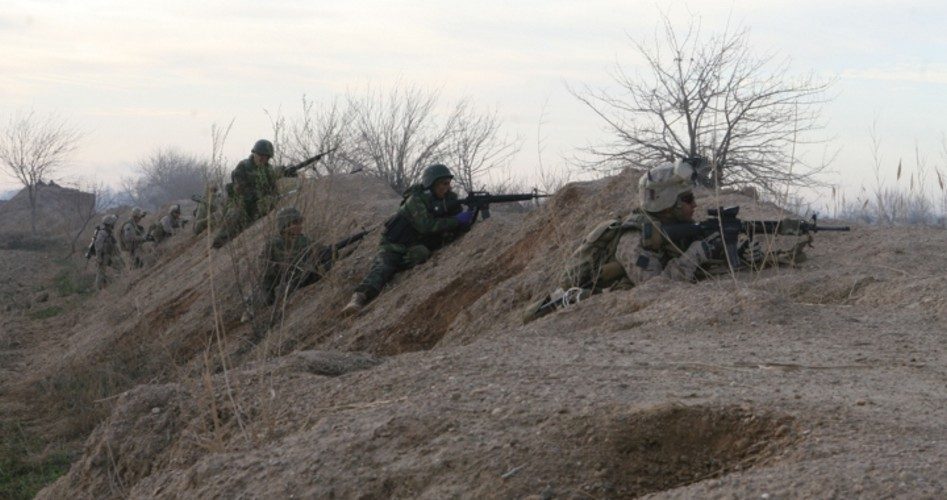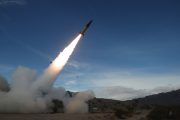
John Sopko, head of the Office of the Special Inspector General for Afghanistan Reconstruction (SIGAR), which conducted hundred of interviews to diagnose policy failures in Afghanistan, told the Washington Post that documents uncovered during the interviews demonstrate that “the American people have constantly been lied to” about Afghanistan. The Post released the results of its findings on December 9.
The Post obtained the more than 2,000 pages of documents through a Freedom of Information Act request made three years ago in order to obtain access to the documents, which were part of a lengthy government report titled “Lessons Learned” that studied “the root failures” of the war effort.
Those compiling the report interviewed more than 600 people who played a direct role in the war during the Bush, Obama, and Trump administrations, including a number of foreigners associated with NATO and 20 Afghan officials. The interviews began in 2014, according to the Post, and seven parts of the report have been published since 2016.
Among those cited in the interviews was Douglas Lute, a three-star Army general who was the White House’s Afghan war czar during the Bush and Obama administrations. Lute told government interviewers in 2015: “We were devoid of a fundamental understanding of Afghanistan — we didn’t know what we were doing.”
“If the American people knew the magnitude of this dysfunction … 2,400 lives lost,” he said — blaming the deaths of American troops on bureaucratic breakdowns among Congress, the Pentagon, and the State Department.
“Who will say this was in vain?” Lute wondered. “We didn’t have the foggiest notion of what we were undertaking.”
In an interview with Martha MacCallum of Fox News, Senator Rand Paul (R-Ky.) provided his take on what Fox and the Post are calling the “Afghanistan Papers” — an allusion to the Pentagon Papers, a top-secret Pentagon study of the U.S. government’s decision-making in relation to the Vietnam War, which was released by military analyst Daniel Ellsberg to the New York Times and the Washington Post in 1971.
“I think our young men and women that we send to war, our best and our brightest, they deserve better,” Paul told MacCallum. “They deserve an open airing of what is the mission. I’ve been saying for several years now that I can’t meet a general anywhere who can tell me really what is the mission we’re trying to accomplish in Afghanistan.”
Paul called on Congress to hold a “full, open debate on whether or not we should still be at war.”
“We should also debate, if we’re going to be at war, what is the current congressional authorization for that war because this isn’t the war that was voted on in 2001. I was for that war to punish those who attacked us on 9/11,” Paul said. “But this is a far different mission now,” Paul continued.
“I think after 19 years, the government of Afghanistan needs to step up. The people of Afghanistan need to step up. And ultimately, I think Islam needs to police Islam. It can’t be Americans always doing the job for everyone,” he said.
Paul and his father, former Representative Ron Paul (R-Texas), have long questioned U.S military involvement in Afghanistan.
Warren Mass has served The New American since its launch in 1985 in several capacities, including marketing, editing, and writing. Since retiring from the staff several years ago, he has been a regular contributor to the magazine. Warren writes from Texas and can be reached at [email protected]
Related articles:
More Illegal Aliens From Africa and Haiti Reaching United States
Illegal Aliens From Africa and Haiti Among Those Crossing Rio Grande



